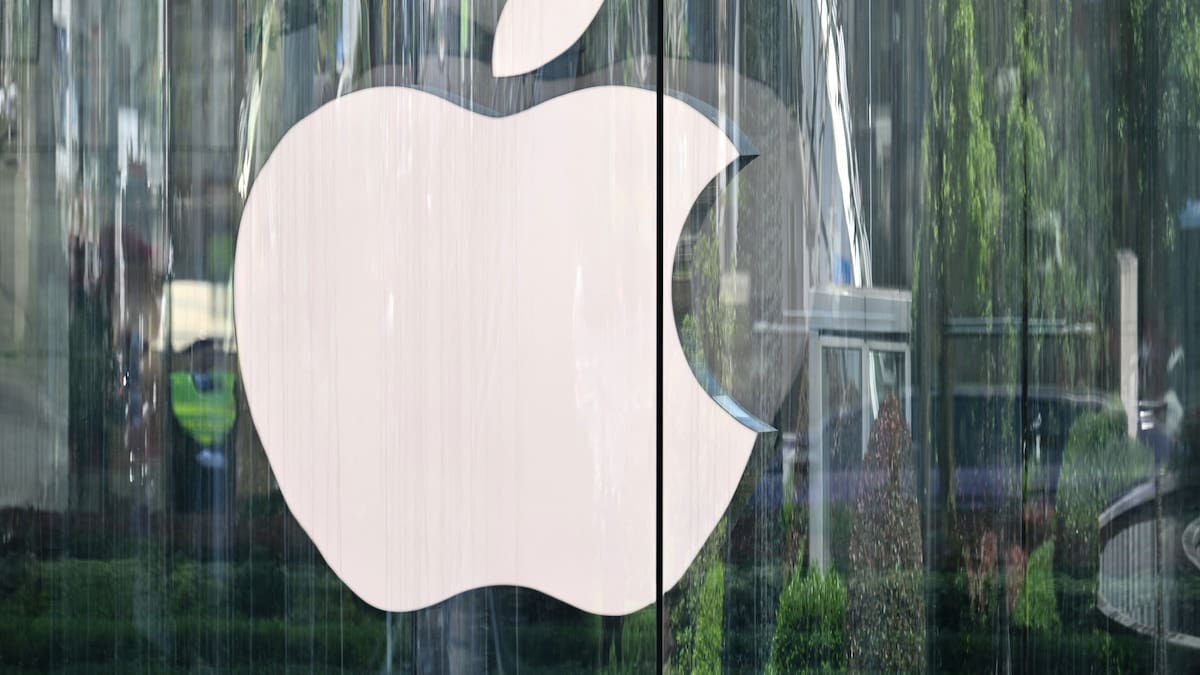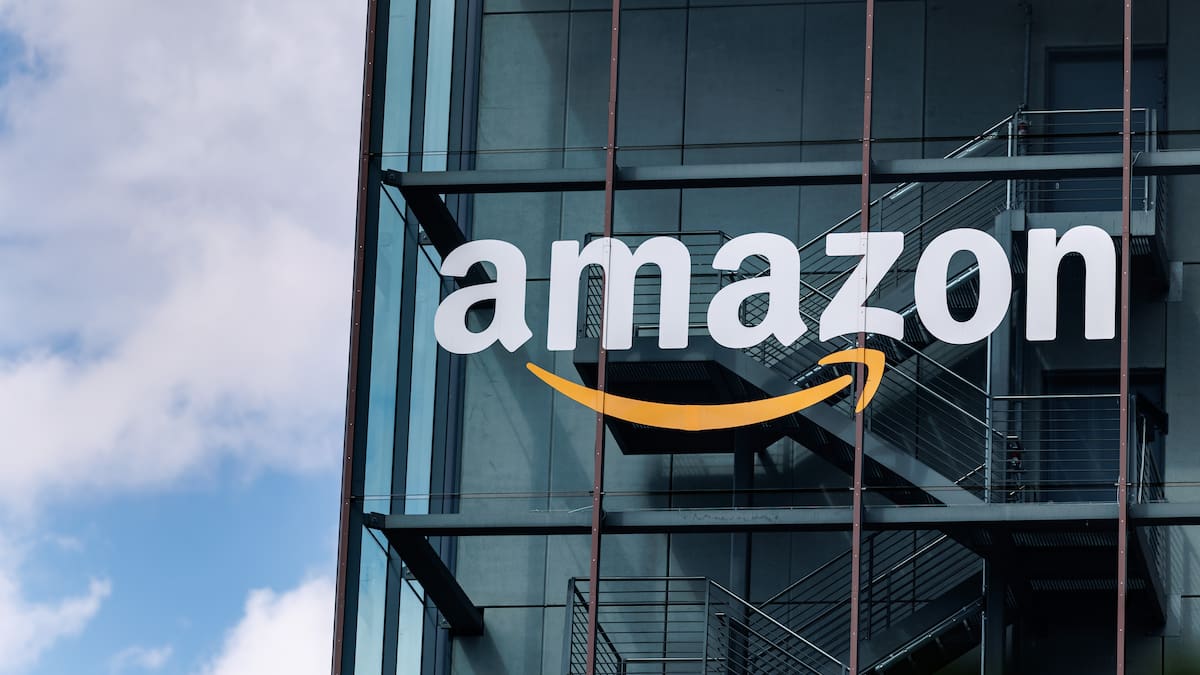At least 32,000 Kiwis along for the ride
It’s not just about Beck’s bank account, however.
When Rocket Lab began its bull run midway through last year, Sharesies said around 20,000 Kiwis owned shares in the firm through its fractional ownership platform.
This morning, co-founder Leighton Roberts said the number has hit 32,000.
The average buy price in the volatile stock is US$12.76, Roberts says.
Sharesies also recently added Rocket Lab to the list of US stocks eligible for its self-select KiwiSaver scheme, which sees customers choose a base fund, with the option to add various individual stocks or exchange-traded funds.
“Several hundred” self-select customers had already added Rocket Lab to their KiwiSaver mix, Roberts told the Herald.
Rocket Lab’s share price is now running ahead of analysts’ valuations.
According to a Wall Street Journal summary, there are 10 analysts with a “buy” rating on Rocket Lab, with one “overweight” and four giving the stock a “hold”.
None of the 15 analysts covering the stock have an “underweight” or “sell” rating. The average 12-month target price is US$32.18 (with a low of US$20.00 and a high of US$45.00).
What’s behind the surge
Two interrelated factors are behind the stock’s recent surge.
One is SpaceX founder Elon Musk’s fallout with Donald Trump – which has seen the US President withdraw the nomination of Musk ally Jared Isaacman to be the new head of Nasa (the US space agency being one of the biggest customers of both SpaceX and Rocket Lab). Trump has also threatened to cancel SpaceX’s Government contracts.
At the same time, Rocket Lab is building up to the first test launch of its much larger, crew-capable rocket, the Neutron – which will put it toe to toe with SpaceX for the first time.
Rocket Lab has started to sign up the first Neutron customers to its US$1b-plus order book, which was opened after the US election in late 2024.
Key clients, including various defence agencies, want competition.
Things looked darker as Musk emerged as Trump’s right-hand man, at the same time as SpaceX was pushing for billions more in Federal funding. Now, the stars are more aligned to Beck’s firm.
While Neutron will only launch from the US, the giant new rocket forms only half of Rocket Lab’s growth story. The firm is also banking on further growth in its space systems business, including satellite components being manufactured at its expanded Auckland facility.
In April, the Wall Street Journal reported that SpaceX – buoyed at the time by Musk’s then-close relationship with Elon Musk – had a US$350b private equity valuation.
Beck’s company is the only other private player to stage regular launches, but Musk’s firm is still far ahead. SpaceX, which also owns the Starlink satellite network, staged 138 launches in 2024 to Rocket Lab’s 16. Jeff Bezos’ New Origin – currently best-known for its near-space tourist jaunts – is also gearing up for a medium-lift push.
Infratil target price hiked
Things have also turned out better than originally anticipated for US solar and wind farm operator Longroad Energy, 37% owned by NZX-listed Infratil.
Jarden analysts said the final form of Trump’s “Big, Beautiful Bill” was less bad for the clean energy sector than Infratil had anticipated.
Arie Dekker and Grant Swanepoel maintained their buy rating and hiked Infratil’s 12-month target price from $10.77 to $14.31 (shares were recently trading at $10.96 (other recent developments have included a 1% fall in CDC’s independent valuation and chief executive Jason Boyes buying $1.25m worth of stock).
The 2022 Inflation Reduction Act (IRA), which provided US$369 billion ($621b) to spur green infrastructure and decarbonisation, was a Biden centrepiece.
Trump campaigned on a promise to gut the legislation, which he called “the green scam”, and withhold US$104b in IRA funds yet to be allocated.
In its last annual report, written before Trump’s election, Infratil took a punt on political commentary.
“More than 80% of the investment in large-scale clean energy and semiconductor manufacturing pledged since the passage of the IRA and the Chips and Science Act will go to Republican congressional districts. Even if Republicans controlled the Federal government, many in the party may view reversing the IRA as too politically risky.”
That turned out to be largely prescient. The original “Big Beautiful Bill” gave energy firms 60 days after its passing to begin new projects, thus securing IRA tax credits.
Now, after watering down in the Senate, the final “Big Beautiful Bill” gives Longroad and its peers 12 months to start a new project.
It’s a complex set-up but Jarden’s read is that Longroad and its peers will be able to “safe harbour” or claim full IRA tax credits until “well beyond 2027″.
For Boston-based Longroad – Infratil’s third-largest asset after CDC and One NZ, with a $2.1b fair value – those new projects will include a contract with Meta, signed in December, to supply the Facebook owner with 1.3 gigawatts (GW) of renewable electricity to support its data centre operations.
Allbirds: Wings only slightly clipped
It’s a similar story for Allbirds, with its Trump impact bad, but a lot less bad than it initially seemed.
In May, Allbirds – the producer of sustainable footwear and activewear made from New Zealand merino wool, co-founded by ex-All White Tim Brown – reported another big loss and another big fall in revenue.
But it forecast a return to revenue growth in the final quarter of this year, subject to no more external shocks – and Vietnam, home to nearly all of its manufacturing, succeeding in keeping tariffs on its exports to the US at a 10% “pause” level, rather than the 46% initially slapped on the country on Trump’s “Liberation Day”.
A US-Vietnam preliminary trade deal announced overnight set a 20% tariff for Vietnam imports (compared to a pre-Trump average of 10%).
Allbirds had braced for the worst, announcing a new US$75m revolving credit facility on June 30.
The firm had no immediate statement but its need to draw on the new credit line seems less pressing now than anticipated.
Its shares, which dived to US$4.39 after “Liberation Day” have staged a sharp recovery over recent weeks and were recently trading at US$10.54.
Chris Keall is an Auckland-based member of the Herald’s business team. He joined the Herald in 2018 and is the technology editor and a senior business writer.






